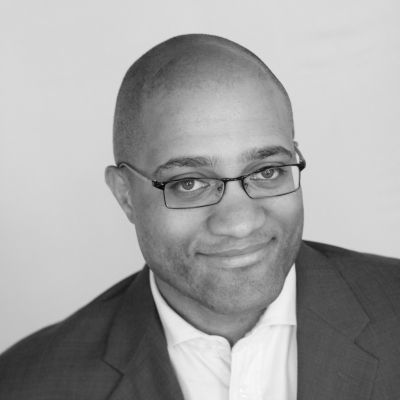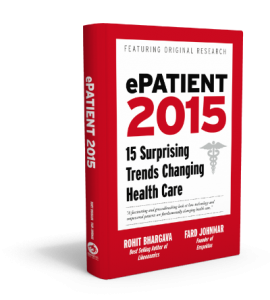It’s time to discuss the digitalization and democratization of medicine so we invited Jennifer Goldsack to join us on the “People Always, Patients Sometimes” podcast. Jennifer is the interim executive director of the DiMe Society, pronounced like the coin, an abbreviation of the Digital Medicine Society. In our discussion, Jennifer spoke about the “trans-disciplinary nature of digital medicine as a field” and how, without professionals from every field at the table, the healthcare community will make mistakes and under-deliver on possible treatments for the individual. As a nonprofit, Jennifer explained that “we do welcome all comers” at the DiMe Society – unlike other organizations, the DiMe Society charges individuals only $50 for membership, creating a low barrier of entry and ensuring accessibility to everyone.
The DiMe Society was created with the mission to facilitate interdisciplinary collaboration between professionals within the global healthcare and technology communities in their research, teaching, and promotion of best practices in medicine. The DiMe Society believes that everyone has something to contribute to the advancement of medicine, from white-hat hackers, engineers, and clinicians to citizen scientists. Founded earlier this year, the DiMe Society already has around 700 members from 24 countries after only 5 months of opening their doors.
To learn more about how Jennifer and the DiMe Society cultivate collaboration in the field of digital medicine, click on the link and listen to this week’s episode of People Always, Patients Sometimes, hosted by Janet Kennedy.

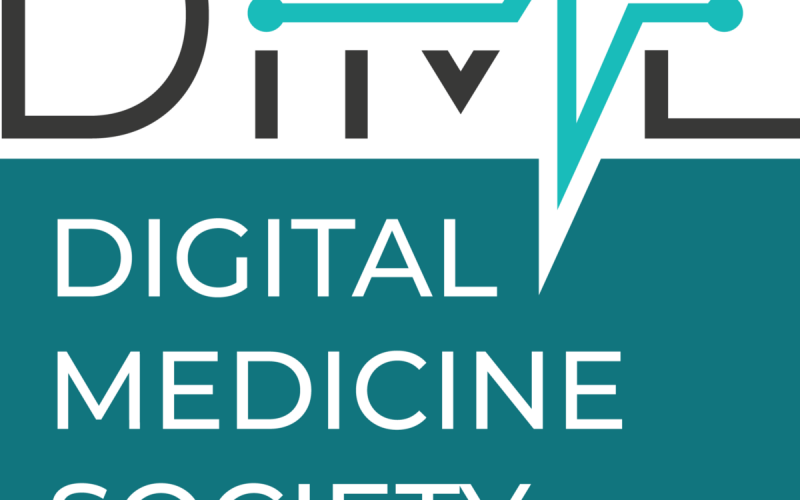
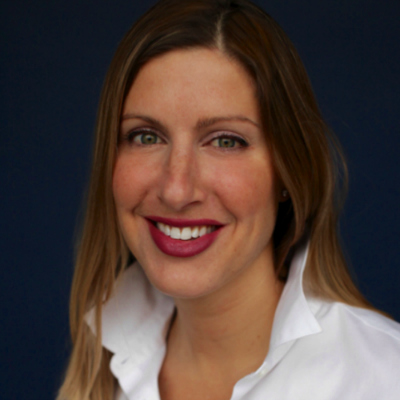
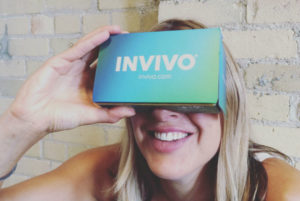 00:39 Meet Andrea Bielecki
00:39 Meet Andrea Bielecki 13:25 Case study: Medtronic
13:25 Case study: Medtronic 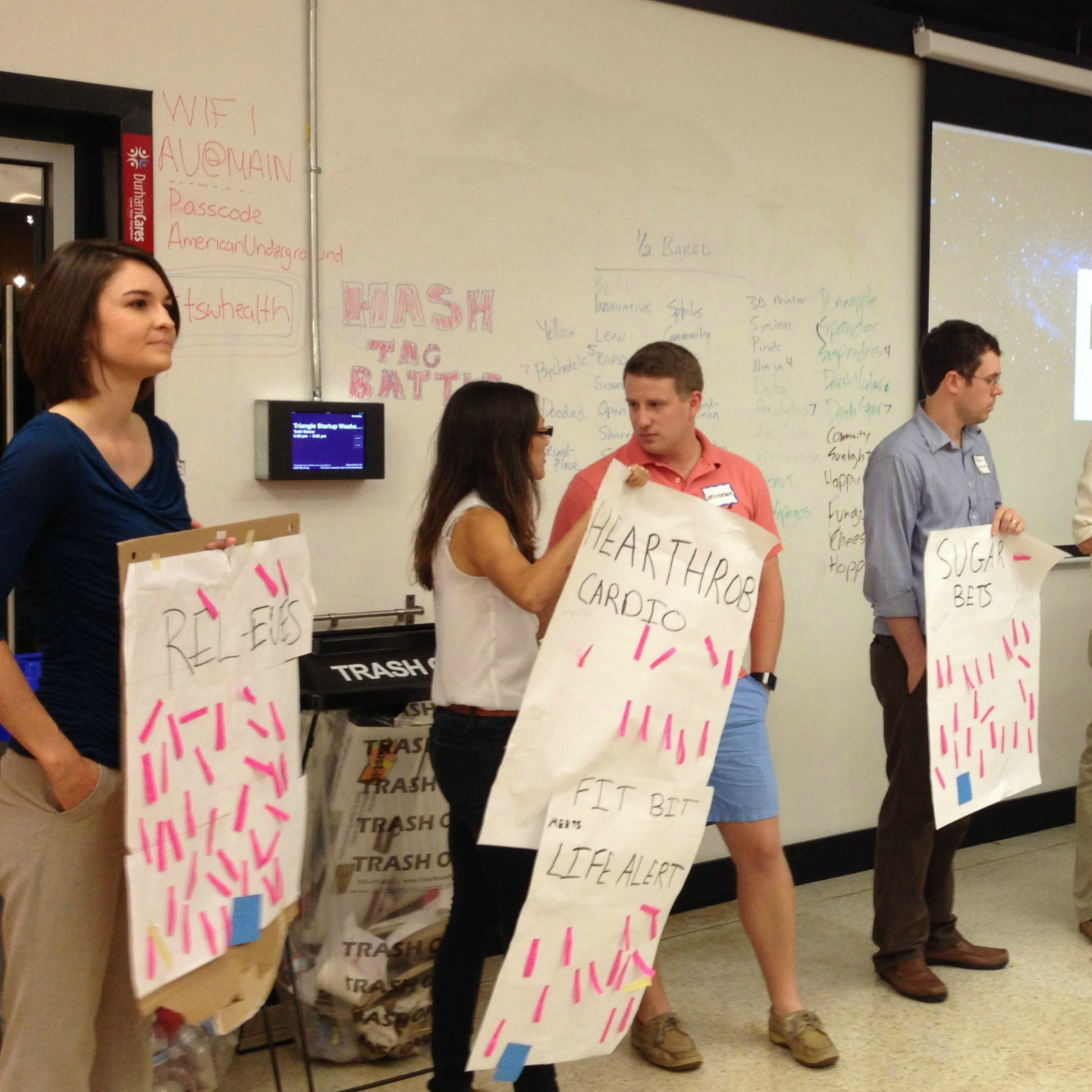
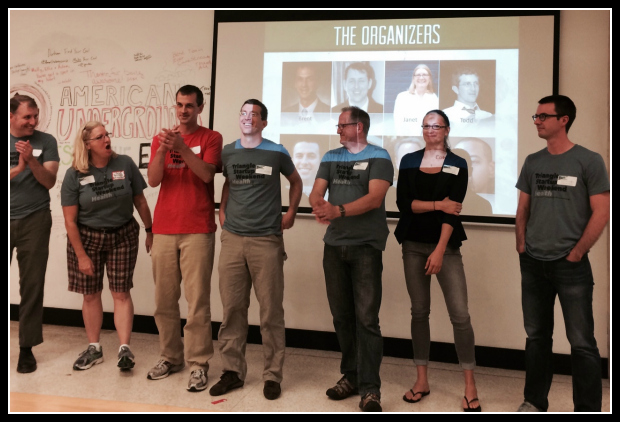

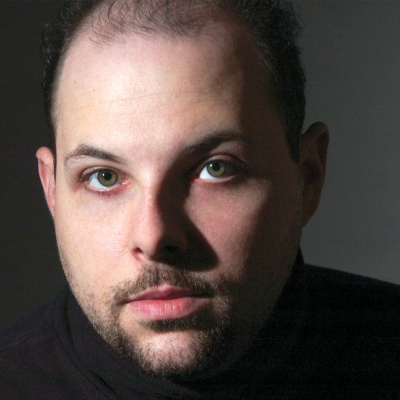
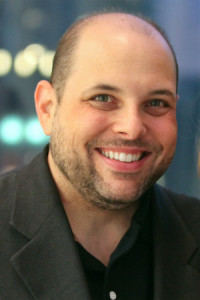
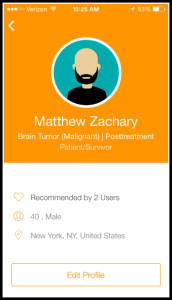
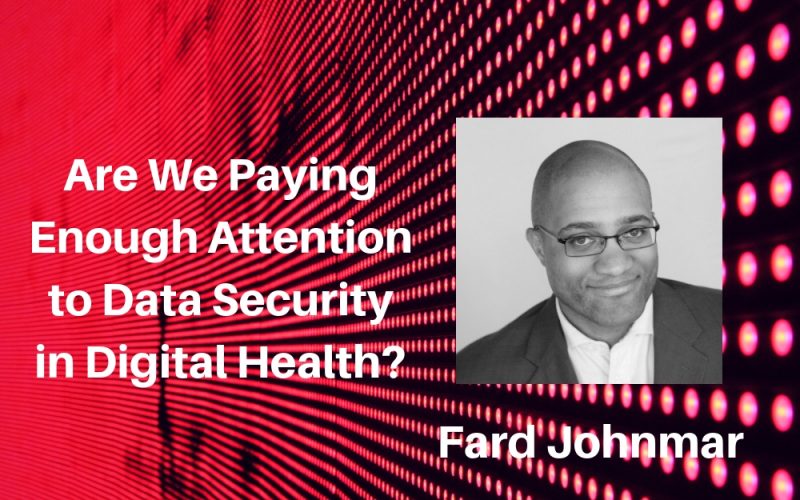
 Earlier this year, health consumers, physicians, and others roundly criticized a program backed by the National Health Service to collect and centralize health data gathered by general practitioners from millions of patients across England. They were especially concerned that creating a centralized database of health records could put patients’ privacy at risk.
Earlier this year, health consumers, physicians, and others roundly criticized a program backed by the National Health Service to collect and centralize health data gathered by general practitioners from millions of patients across England. They were especially concerned that creating a centralized database of health records could put patients’ privacy at risk.